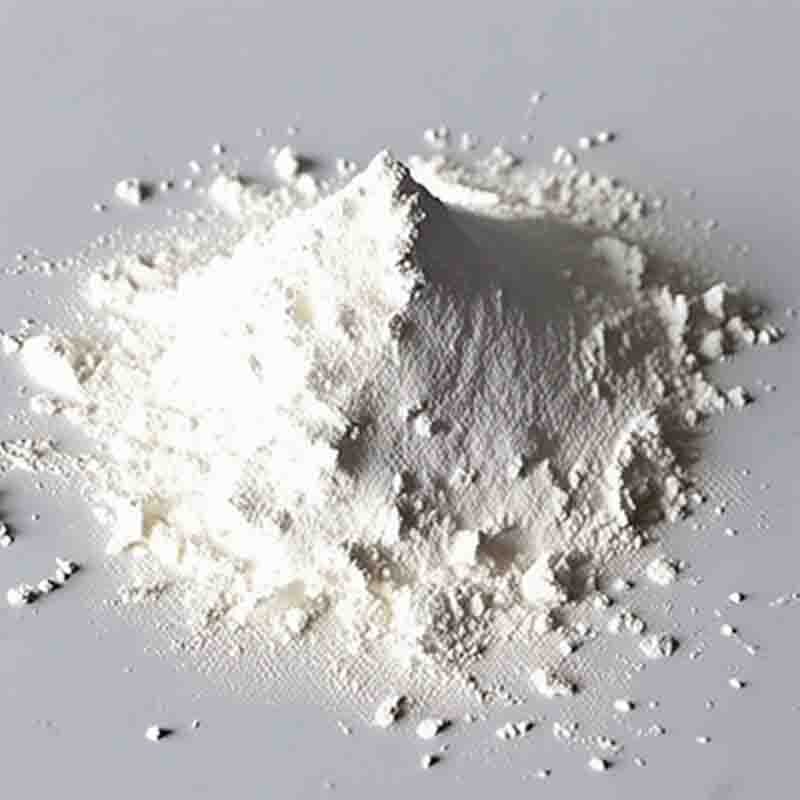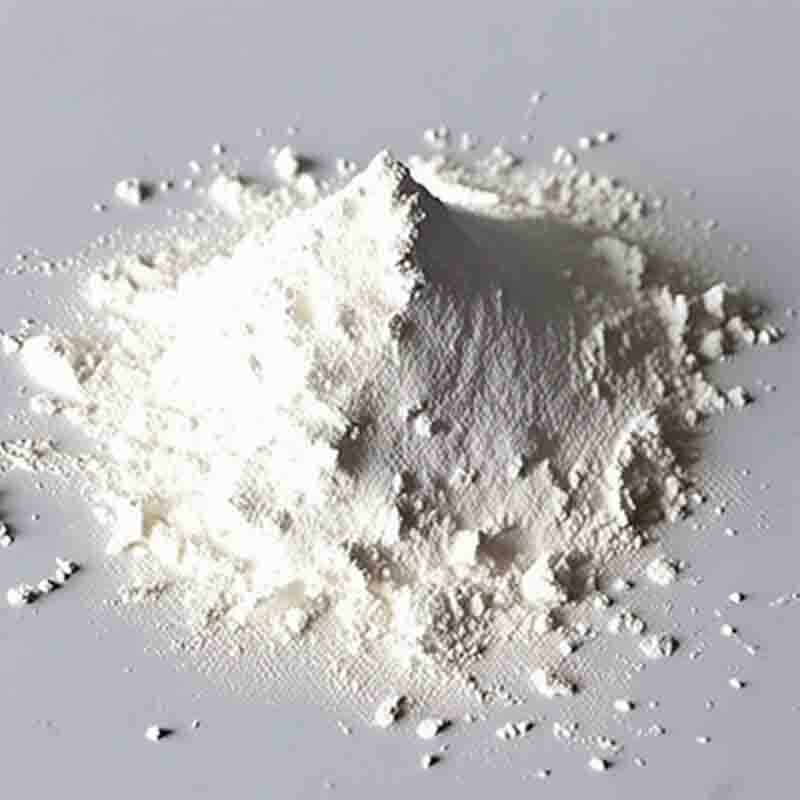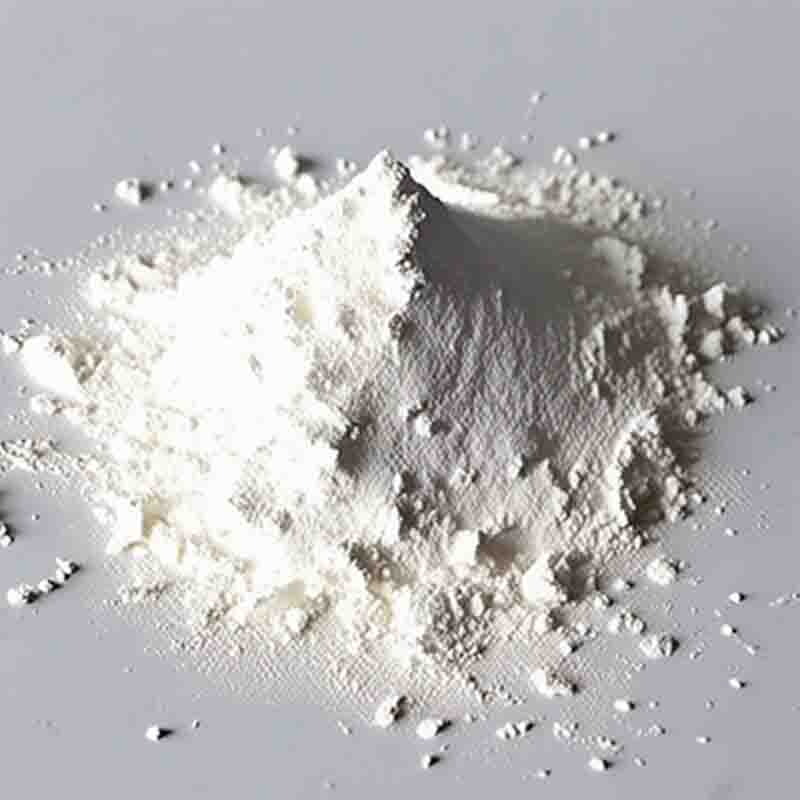SodiumSulfamate CAS:13845-18-6
| Catalog Number | XD95863 |
| Product Name | SodiumSulfamate |
| CAS | 13845-18-6 |
| Molecular Formula | H4NNaO3S |
| Molecular Weight | 121.09 |
| Storage Details | Ambient |
Product Specification
| Appearance | White powder |
| Assay | 99% min |
Sodium sulfamate, also known as sodium aminosulfonate, is a chemical compound with various effects and applications. Here are some key effects of sodium sulfamate:Herbicide: Sodium sulfamate is commonly used as a non-selective, systemic herbicide. It effectively controls a wide range of weeds, grasses, and foliage by inhibiting the enzyme activity required for plant growth. Sodium sulfamate is particularly useful in agricultural and horticultural settings to clear unwanted vegetation from fields, gardens, pathways, and non-crop areas.Metal Plating: Sodium sulfamate is utilized in the metal finishing industry as a component of electroplating solutions. It acts as a stabilizer and a source of nitrogen for controlling the pH and improving the performance of plating baths. Sodium sulfamate helps in achieving uniform and bright metal deposits, particularly for metals such as nickel and tin.Anti-scaling Agent: Sodium sulfamate is an effective anti-scaling agent in applications where hard water or high mineral content can lead to scaling and buildup. It works by sequestering metal ions in water that could otherwise precipitate and form tough mineral deposits. Sodium sulfamate helps prevent scaling in industrial equipment, such as boilers, heat exchangers, and cooling towers, thus enhancing their operational efficiency and prolonging their lifespan.Flame Retardant: Sodium sulfamate is utilized as a flame retardant additive in various materials, including textiles, plastics, and coatings. It works by releasing flame-inhibiting gases when exposed to high temperatures, thereby reducing the flammability and fire propagation of treated materials. Sodium sulfamate is often used in fire-resistant paints, fabrics, and flooring materials to improve their fire safety properties.Reducing Agent: Sodium sulfamate can act as a reducing agent in chemical reactions. It is used in organic synthesis and in the preparation of pharmaceutical compounds, dyes, and specialty chemicals. Sodium sulfamate is advantageous because it is a milder and more selective reducing agent compared to other commonly used chemicals.Water Treatment: Sodium sulfamate is employed in water treatment processes as a chlorine stabilizer. It helps maintain the effectiveness of chlorine-based disinfectants by preventing their degradation due to sunlight or reaction with organic compounds. Sodium sulfamate is an essential component in pool and spa treatments, ensuring proper chlorination and maintaining clean and safe water.While sodium sulfamate is generally considered safe when used according to recommended guidelines, it is essential to handle it with care. Proper safety practices, such as wearing protective equipment and following handling and storage instructions, should be followed to minimize potential risks. Additionally, it is important to comply with regulatory guidelines and local environmental regulations when using sodium sulfamate to ensure minimal impact on human health and the environment.


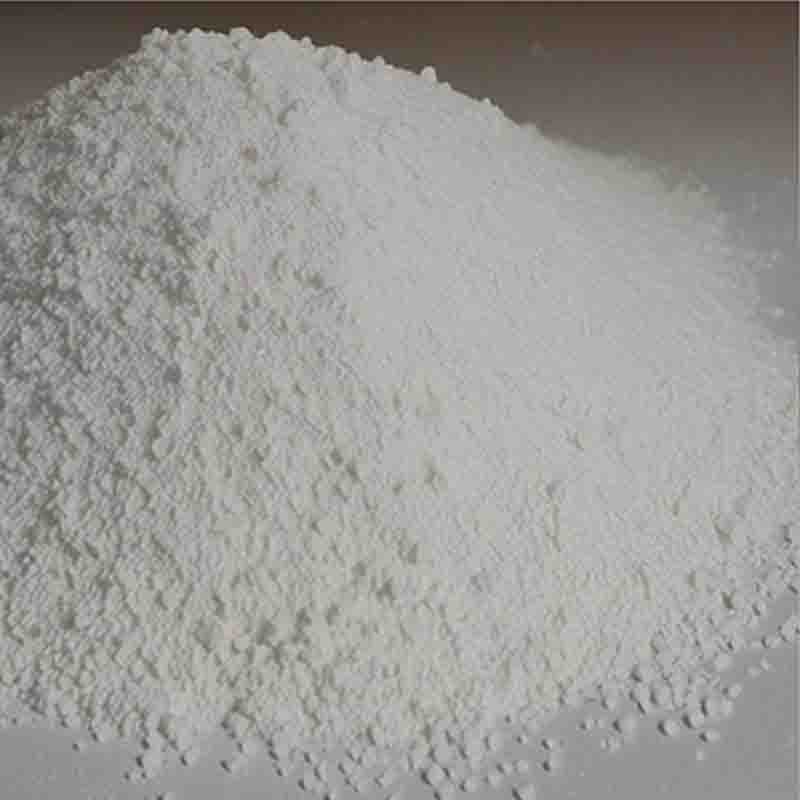

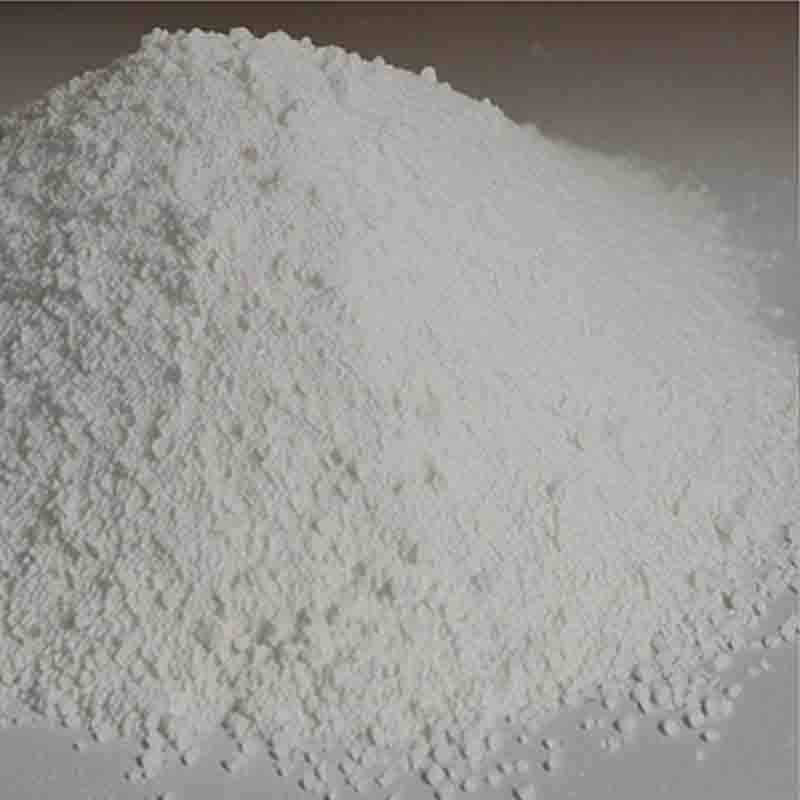
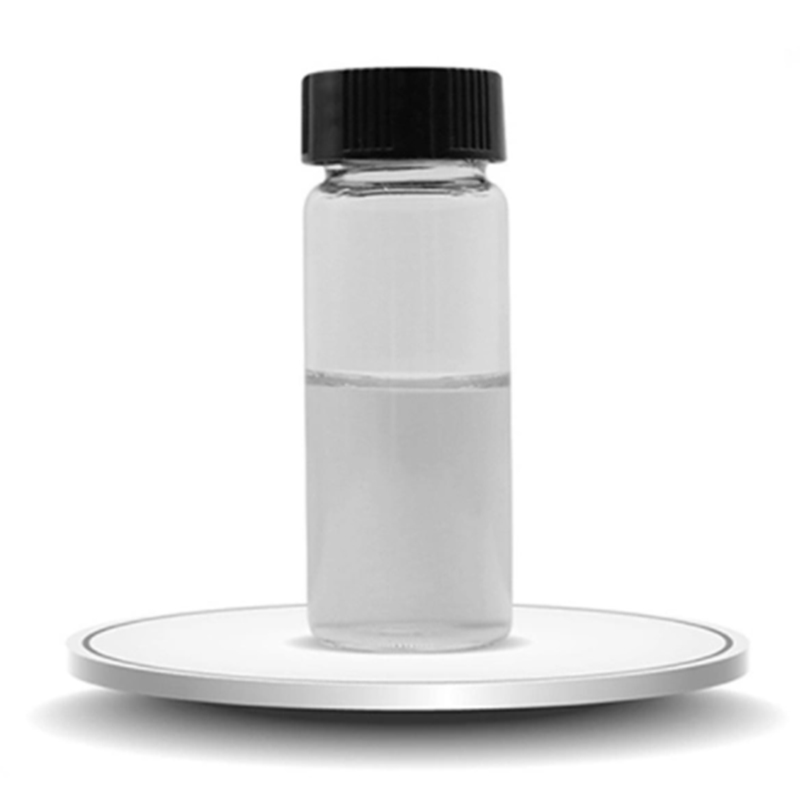
![DICHLORO[(R)-(+)-2,2'-BIS(DIPHENYLPHOSPHINO)-1,1'-BINAPHTHYL]RUTHENIUM (II) CAS: 132071-87-5](https://cdn.globalso.com/xdbiochems/白色粉末1560.jpg)
